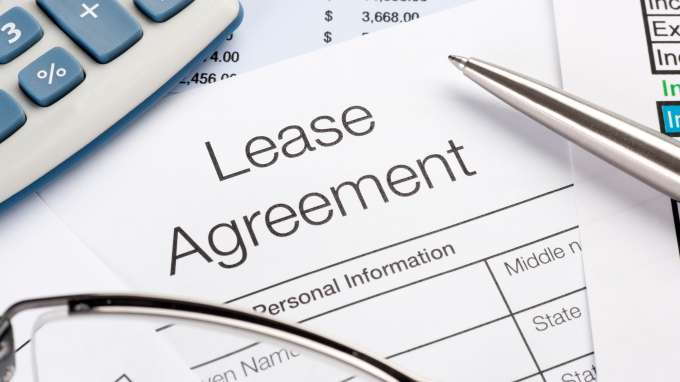Service Contracts : These are the most difficult to choose. The plans offered can number in the dozens with slight varied coverages but large price differences. Consider these things when choosing to purchase one:
- If purchasing a new car, how long will you keep it and ow long is the manufacturer's warranty? Most consumers trade in after 2 or 3 years and most manufacturer's warranties will cover the vehicle that long. If purchasing pre-owned ask when the coverage begins, at current mileage or at mile 1? You want to buy a service contract that starts at your current mileage.
- When choosing a coverage, I don't believe in choosing anything but the best coverage. If you're going to pay for coverage, make sure it covers everything you need covered. The last thing you need is to pay for coverage and find out the one time you need it, "that's not covered."
- Ask the name of the service contract company. Not all companies are the same. Especially if the coverage is backed by the dealer. Many times dealers require you take the vehicle to them instead of any other repair shop. That can be difficult if you don't live in the area or their service department is weeks behind.
- While the finance manager will try to sell you on payment, ask the price of the service contract and negotiate that.
- Lastly, keep in mind that a service contract can be purchased after the sale. Either from the dealer or hundreds of sources online. Usually the difference is you must pay for the service contract cash but some companies do offer short installment plans.
- Unlike service contracts, GAP insurance must be purchased at the time of financing. You can not add it to your loan later.
- Before you buy it, call your insurance agent and see if you already have that coverage or ask the cost of adding it if it is available.
- Do not buy if you're in equity at time of purchase or financing short term where you may never be in negative equity and have no need for GAP
- Other than that I highly recommend purchasing GAP insurance. It is fairly inexpensive and can save you thousands at the best time.
- Credit Life is usually pretty straight forward but I would ask what the limitations there are as far as age, amount to pay, etc.
- Credit disability is more complex as far as it's usefulness. Ask the F&I manager what the requirements for disability are? How soon after disability will the payments start? What's the largest monthly payment they will pay? For how long?
- Again ask who the insurer is. Not all insurance companies are the same.
- I do recommend these insurances depending on personal situation. If you're in a one income household, expecting a child or planning a pregnancy, have medical conditions, etc. No one likes to talk about death or health but these insurances are like life insurance, they're for the ones that we leave behind.
- Lifetime oil changes can be a great purchase. If you keep your vehicle long enough. Assuming you change your oil 4 times a year at an average cost of $40 you would have to keep the vehicle for at least 3 and a half years to recoup a cost of $499. Calculate that when deciding.
- Coats (undercoating, paint coats, fabric coating, windshield, etc.) to me are a waste of money. These products are not long lasting and do not add value to the vehicle. Basically you pay hundreds of dollars for someone to spray your vehicle with something that may or may not do something.
- Etch. Etch is usually marketed in larger cities. It involves etching the Vin number of the vehicle to all parts of the vehicle in order to prevent the vehicle to be parted out if it is stolen. It also helps prevent auto thefts since thieves find it more difficult to rid themselves of an entire car. This product can be inexpensive and there is a value to it depending on your risk of having your vehicle stolen.









